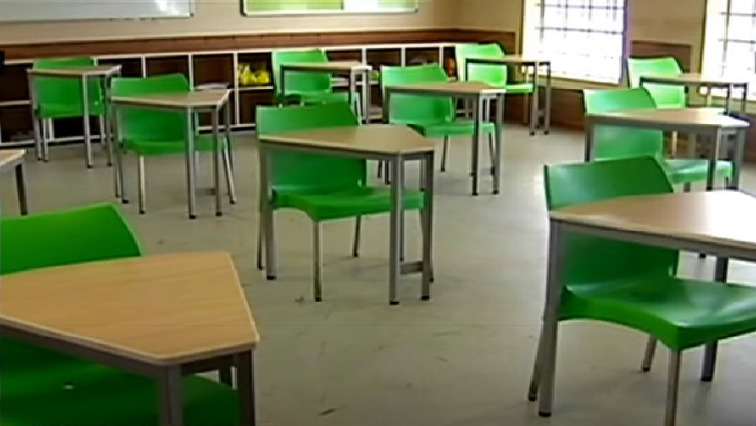The Basic Education Department says it is worried about the increasing number of learners who are dropping out of school at the matric level in the country.
An analysis of the Department from 2009 to 2018 has revealed that black and coloured learners constitute a large portion of those who drop out in grade 12.
Last month, it further emerged that about 18% of all Gauteng learners, from grades 1 to matric, have not gone back to school after several COVID-19 related disruptions to schooling.
The Department’s Director-General for Inclusive Education Jabulani Ngcobo says the COVID-19 lockdown seems to be making the situation even worse.
Ngcobo says a number of learners have not yet returned to classrooms despite the easing of the lockdown regulations to alert level one.
“The challenge of dropout in the Basic Education sector is a social justice challenge for us, which the sector is working to ensure that it does not become worse. As a sector, we are already working with civil society to ensure that all learners of school-going age who are out of schools are accommodated in the system. However, we have learned with concern that some of the learners who were already in the school before the lockdown have not yet returned to school and for us, this is a major challenge.
Therefore we call on all parents, all the caregivers, and guardians to ensure that these learners return to school because as a sector we are committed to ensuring that no learner is left behind”, says Ngcobo.
Learner dropout a long-standing issue
Dean and Head of the School of Education at the University of KwaZulu-Natal Professor Thabo Msibi says the issue of learner dropouts in schools has been a concern for quite some time, even before the COVID-19 lockdown.
Msibi says this can be attributed to some socio-economic factors, where poverty can also have an effect on some learners dropping out when parents or caregivers are unable to pay for school fees.
Cultural practices in some spaces can also have a direct effect, where young girls for example are married off at a young age and neglect their studies.
Other factors may also include child-headed households, where a minor, who may be the older child in the household, has to look after his or her siblings in the event of a caregiver passing away of falling ill.
In the video below, Msibi unpacks some of these factors further:
-Additional reporting by SABC News.






